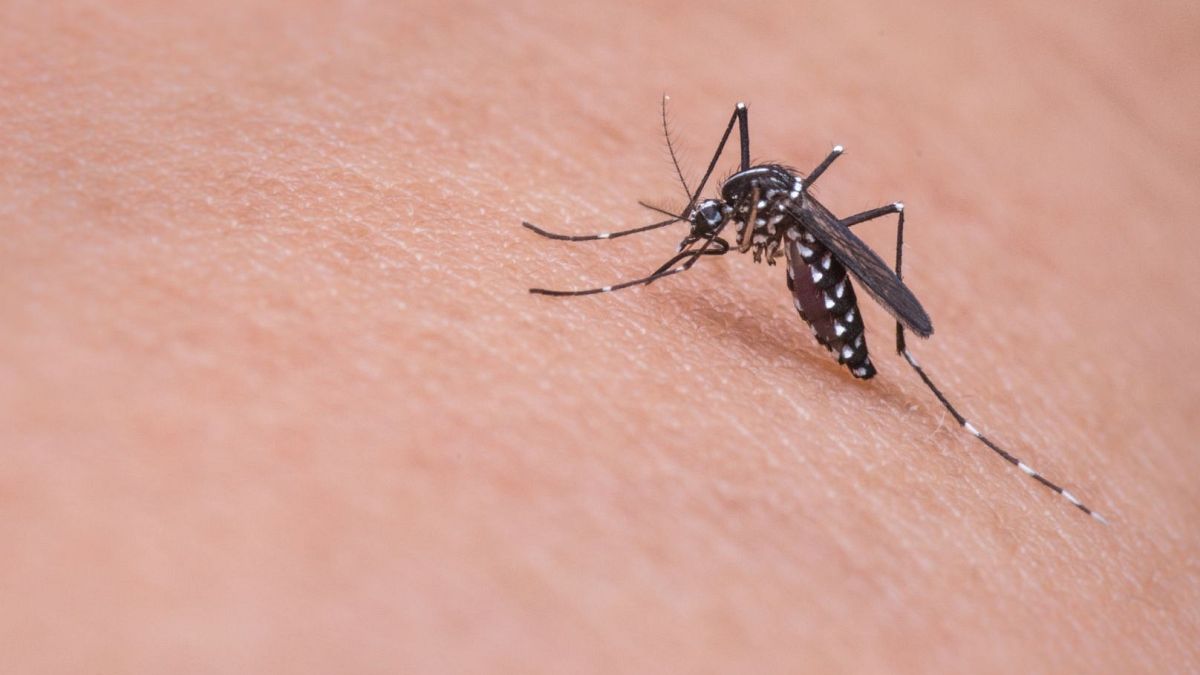

In a world where health challenges transcend borders and manifest in various forms, the global community faces an intricate tapestry of issues ranging from mosquito-borne diseases to legislative actions and vaccine debates. This article examines these interconnected themes, exploring the potential for positive change and collaboration.
As climate patterns evolve, the presence of mosquito-borne diseases in Europe is on the rise. Traditionally associated with tropical regions, ailments like dengue and chikungunya are slowly making their presence felt across parts of Europe. This shift can be attributed to changing weather conditions that create suitable environments for mosquitoes to thrive. Climate researchers are mindful of the potential for these diseases to become endemic, leading to pressing calls for comprehensive monitoring and preventive measures. By focusing on controlling mosquito populations and enhancing public health responses, Europe is actively working to mitigate these emerging threats.
Meanwhile, Greece has taken a decisive step in safeguarding the well-being of its younger population by enacting stringent laws against the sale of alcohol and tobacco to minors. The new legislation not only imposes jail terms for violators but also broadens its scope to encompass various aspects of public health protection. This move aligns with broader global health initiatives aimed at reducing the consumption of harmful substances, thus fostering an environment conducive to nurturing healthier future generations.
In harmony with Greece’s legislative efforts, global health officials are advocating for increased ‘sin taxes’ on tobacco, alcohol, and sugary drinks. The World Health Organization has projected that such financial deterrents could substantially reduce premature deaths, by an estimated 50 million over the next five decades. These taxes serve as both a preventive strategy and revenue for health initiatives, fostering a dual benefit. As countries consider implementing or adjusting these taxes, the emphasis remains on encouraging healthier lifestyle choices among their populations.
Yet, amidst these proactive measures, certain regions face persisting humanitarian challenges. In Gaza, doctors voice urgent concerns as a severe shortage of infant formula threatens the survival of countless babies. Ongoing restrictions on humanitarian aid pose additional hurdles, exacerbating this crisis. Compassionate global cooperation is essential to overcome these barriers, ensuring the availability of critical nutritional resources to the most vulnerable.
Another dimension of the global health dialogue involves the diverse perspectives within vaccine advisory boards. Recently, Vicky Pebsworth’s inclusion in the CDC’s Advisory Committee on Immunization Practices has sparked discussions. Known for her longstanding beliefs about vaccines and autism, Pebsworth’s appointment highlights the importance of balancing varied viewpoints with scientifically validated evidence. This scenario underscores the broader conversation about science communication, evidence-based decision-making, and informed public engagement.
These interconnected threads in the tapestry of global health reflect the complexity and humanity that drive efforts toward meaningful change. With focused interventions, legislation, and international cooperation, the journey towards a healthier global community continues. By nurturing dialogue, understanding, and evidence-based strategies, positive transformation is not just a goal but a shared responsibility.
Source: {link}
